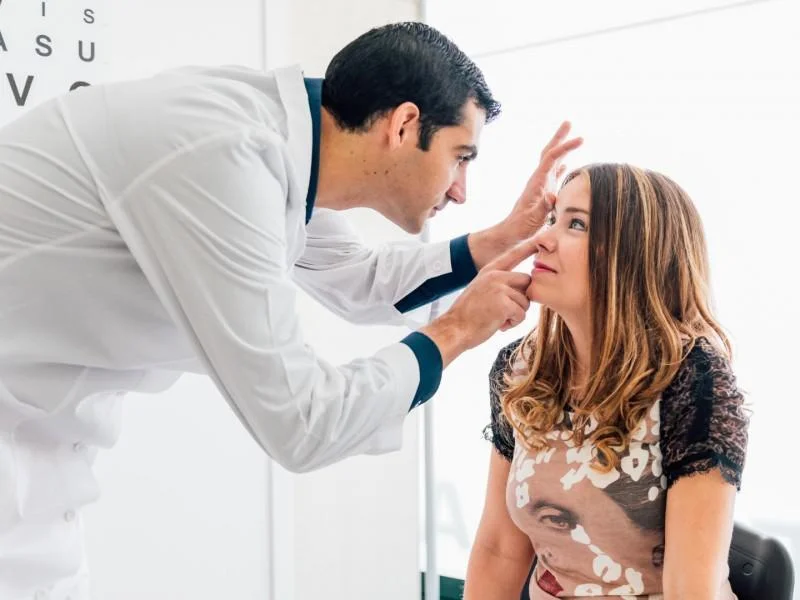Cataracts — cloudy areas that develop on the inner lens of your eye due to a buildup of proteins — are the top cause of blindness worldwide and in the United States. Not everybody gets cataracts, but you’re more likely to develop them as you age.
John Ghobrial, MD, removes cataracts and implants clear, artificial lenses at Eye Associates of Monmouth in Colts Neck, New Jersey. If your vision is cloudy or distorted, you may have cataracts. Here’s how to tell and what you should do if you notice any of the signs or symptoms of cataracts.
Has anyone in your family had cataracts?
Cataracts develop gradually. In rare cases, people are born with them. Cataracts also tend to run in families. If you have a family history of cataracts, be alert to changes in your vision that could indicate the beginning of a cataract.
In the earliest stages, though, you don’t notice any symptoms at all. Be sure to have your eyes examined each year so your doctor can catch cataracts early.
Are you over 40?
Most cases of cataracts occur because of age-related changes in the eyes. About half of women and men over 80 have at least one cataract or have had one removed. Be especially alert to changes in your eyes as you age if you have a family history of cataracts.
Is your vision cloudy or blurred?
The classic sign of cataracts is vision that seems cloudy, like you’re looking through a veil. The proteins that make up cataracts can build up on various portions of your lens, including:
- Center (nuclear cataracts)
- Edges (cortical cataracts)
- Back (posterior subcortical cataracts)
Posterior subcortical cataracts progress faster than other types of cataracts. Be sure to contact us right away if you notice halos around lights at night, which is a classic symptom of a posterior subcortical cataract.
Are you having trouble seeing at night?
Because cataracts cloud your lens, it’s harder for light to get through and focus on your retina. This means you may have extra difficulty seeing at night, even when you turn up your lights. A decrease in night vision increases the danger of driving at night.
Have your eyeglasses or contacts stopped working?
Sometimes, when your cataracts are in an early stage, merely changing the prescription on your corrective lenses helps you see better. But if you notice that your new prescription isn’t helping anymore, you may have cataracts.
Has your vision changed or even improved?
Paradoxically, if you have nuclear cataracts and you’re nearsighted, your vision may temporarily improve. Over time, though, you start having trouble reading or notice other problems with your sight.
Changes in your vision associated with cataracts include:
- Cloudy vision
- Yellow or brown haze
- Halos around lights
- Faded colors
- Dim vision
- Blurred vision
- Sensitivity to light
- Needing bright lights to see
- Double vision in one eye
You should always report changes in your vision to your ophthalmologist. The changes could be a sign of a cataract, macular degeneration, or another condition that could permanently damage your eyesight.
Cataracts can be removed
You don’t have to live with compromised vision or lose your vision entirely. Dr. Ghobrial removes your damaged lens and replaces it with an artificial lens that can be focused to correct any other vision impairments you have, including nearsightedness, farsightedness, and astigmatism.
Choose from traditional cataract surgery or state-of-the-art femtosecond laser-assisted surgery (FLACS). Both types of cataract surgery are safe, effective, and have a short downtime. Dr. Ghobrial offers a variety of intraocular lenses, including AcrySof® IQ ReSTOR® multifocal lenses and AcrySof Toric lenses.
Don’t live behind a cloud or resign yourself to failing eyesight. No matter how advanced your cataracts are, cataract surgery helps you see clearly again. Contact our friendly team today by phoning the Eye Associates of Monmouth office or by using our online booking tool.


